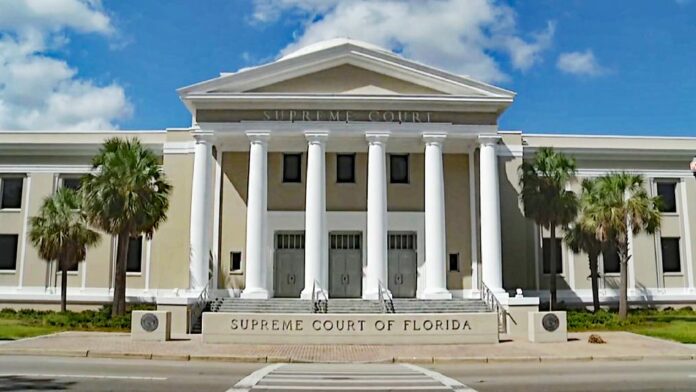The Florida Supreme Court, in a gripping decision on Thursday, reaffirmed its February stance on striking out the words “fairness and diversity” from descriptors used for courses that meet the ongoing education prerequisites for the state’s judges.
This 5-1 verdict solidifies a previously instituted change where the core emphasis shifted from promoting “fairness and diversity” in courses to honing in on “judicial professionalism, opinions of the Judicial Ethics Advisory Committee and the Code of Judicial Conduct.”
From Vague to Precise: The Argument for Change
In the court’s eyes, “fairness and diversity” had become akin to a murky pond—frequently debated and unclear. Their intention? To bypass this nebulous term, while still ensuring content centered on procedural fairness and non-discrimination remains relevant for judicial ethics. As an analogy, if the prior phrase was a cryptic puzzle, the new one is its clarified solution, providing a defined path for justice. The majority’s statement was emphatic: “Our court stands resolute in its allegiance to core principles of civility, due process, and justice for all.”
Voices of Dissent: A Lone Stand
Justice Jorge Labarga emerged as the solo voice echoing against this tide. His sentiments, steeped in conviction, reiterated that the education of “fairness and diversity” greatly benefits Florida’s judiciary and the countless individuals interacting with its courts.
Justices Won’t Return Diversity : Feedback from the Legal Fraternity
Adding layers of perplexity to this narrative were the comments from attorneys Paul Regensdorf, Keith Park, and Merrick Gross. These legal stalwarts, no strangers to the nuances of Florida’s Bar and Judicial Administration Committee, emphasized that excluding “fairness and diversity” was not propelled by a mandated affirmative action plan. They compared judges to gatekeepers, having an exclusive right to dispense justice in an increasingly diverse world, and questioned the optimistic assumption that judges today are significantly more adept at interacting equitably with diverse segments of the population.



